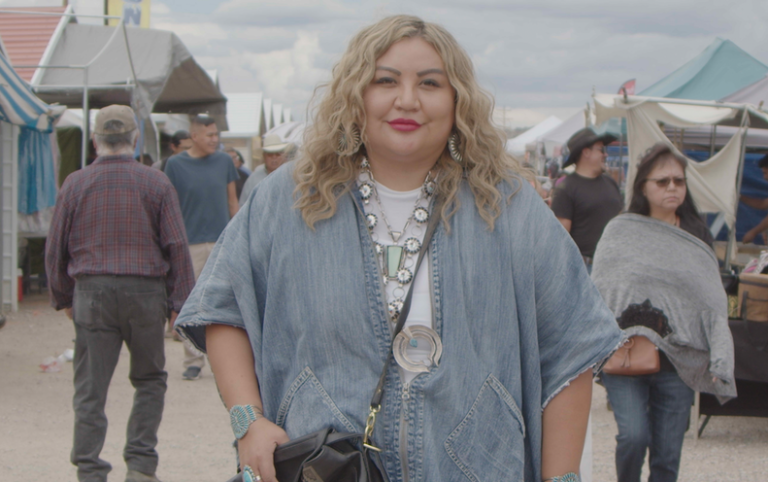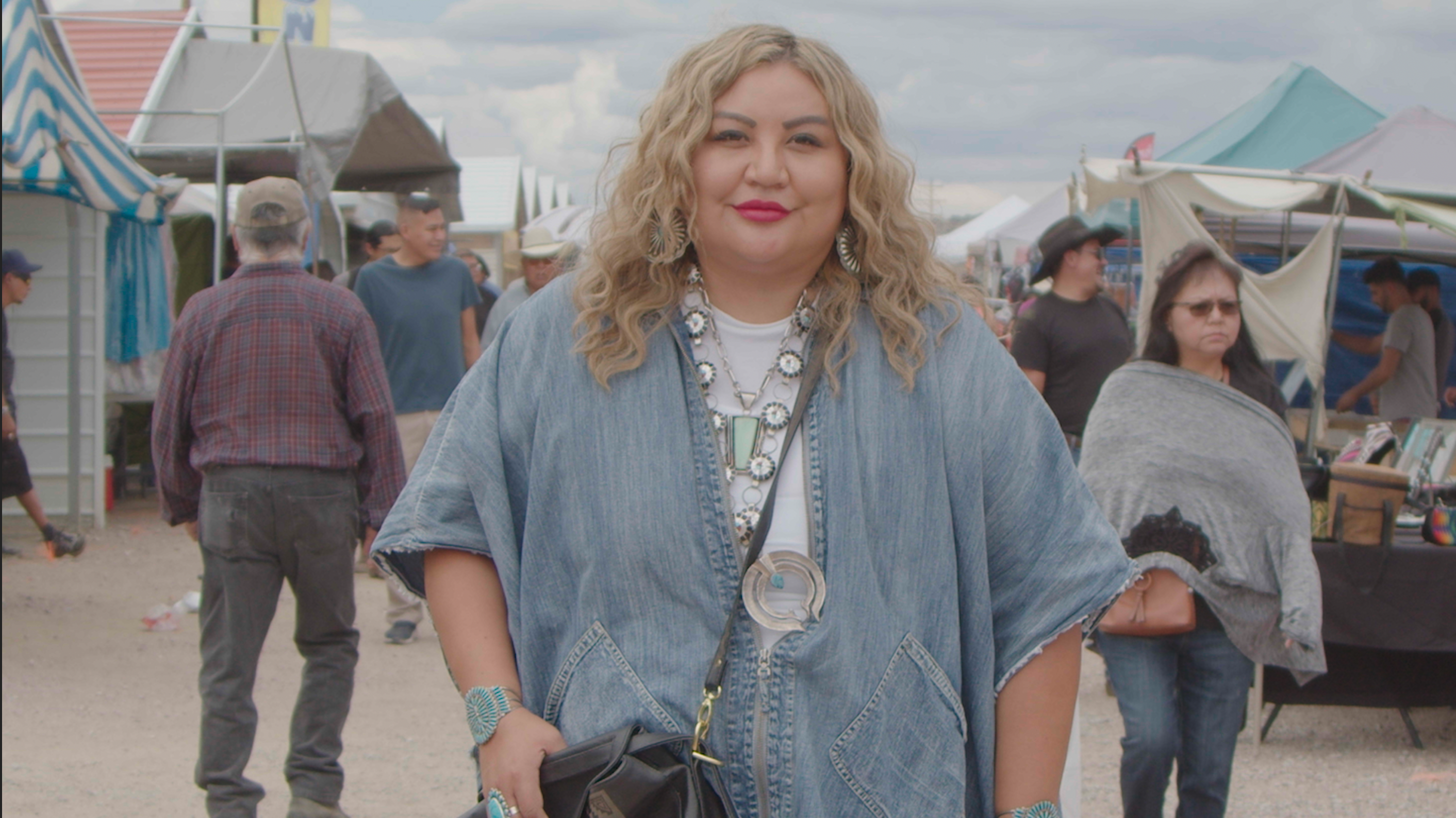
[ad_1]

“How do you tell a community in the United States that has no running water or electricity to wash their hands?”
Crystal Lee drives hours through dust on Route 66 past the border town of Gallup, New Mexico, on her way through the parched road to the Navajo Nation in Arizona. She is going to see family who have made it through the pandemic.
“Every single day, I knew of someone who had passed from COVID,” Lee says, staring straight ahead.
Even before the pandemic hit, Lee, a Navajo scientist and assistant professor at the University of New Mexico College of Population Health, had tried to sound the alarm. In 2017, she spoke at the United Nations, warning anyone who would listen that the Navajo Nation did not have the infrastructure or resources to survive a deadly pandemic.
But few did, and when the coronavirus pandemic raged through the Navajo Nation in 2020, it led to the highest death rate per capita in the United States—including members of Lee’s family.
In a new documentary short film, Lee brings us into her fight for health equity on the Navajo Nation.
“The Navajo Nation is the size of West Virginia, but yet there’s only 13 grocery stores that lie within the reservation. Housing is overcrowded within and among Navajo households, and then you talk about preexisting health conditions, chronic diseases, also other infectious diseases. And in combination with the outbreak of COVID, it really hit our community extremely hard,” Lee said.
To add to a perfect storm, the government had left all tribes out of the first round of federal funding through the CARES act.
“A big reason why our points of care and our Indian Health service system is so substandard is because we get discretionary funds at the congressional level–we are the last to get funded and the first to get cut,” Lee adds.
So, she took it upon herself to try to help a community that was left with almost no defenses against a deadly pandemic—drawing on both her experiences as an academic and as a granddaughter of Navajo medicine men.
“Part of my academic training is infectious disease and preventative medicine, and when the virus first came out, I understood how the virus was most likely an airborne virus,” Lee said.
She made culturally responsive recommendations to the community to try to stop the spread of airborne COVID-19, such as burning cedar or sage.
Lee also worked tirelessly to deliver masks and disinfection products to about 70 different tribal communities, and partnered with another company to start quarantining people in a hotel converted for the purpose when no official facilities were available.
“Of the thousands of people we quarantined, only one passed from COVID,” Lee says.
But after the quarantine period was up, Lee noticed something else.
“A huge observation was our community members verbalizing that: ‘my 14-day quarantine phase is done. I’m COVID-negative, but yet I don’t have a home to go back to. I don’t have a job. I don’t have food. I’m a female that’s a victim of domestic violence. I don’t wanna go back home because I’m getting abused. Myself and my children are not safe.’”
So Lee continued to provide care. She turned the quarantine hotel into a mental health facility. And then she launched an Indigenous health care company earlier this year to serve those suffering from mental and behavioral trauma–shared trauma that has impacted countless Indigenous people throughout the country.
Still, she hasn’t forgotten those who have been lost.
“I was just thinking about my uncle who passed. I grew up with him. He was closer to my age, although he was my dad’s youngest brother. But we grew up together and … it hurts,” she says, wiping back tears.
Then, she straightens.
“But this is why we do the work.”
This article is part of “Innovations In: Health Equity,” an editorially independent special report that was produced with financial support from Takeda Pharmaceuticals.
[ad_2]